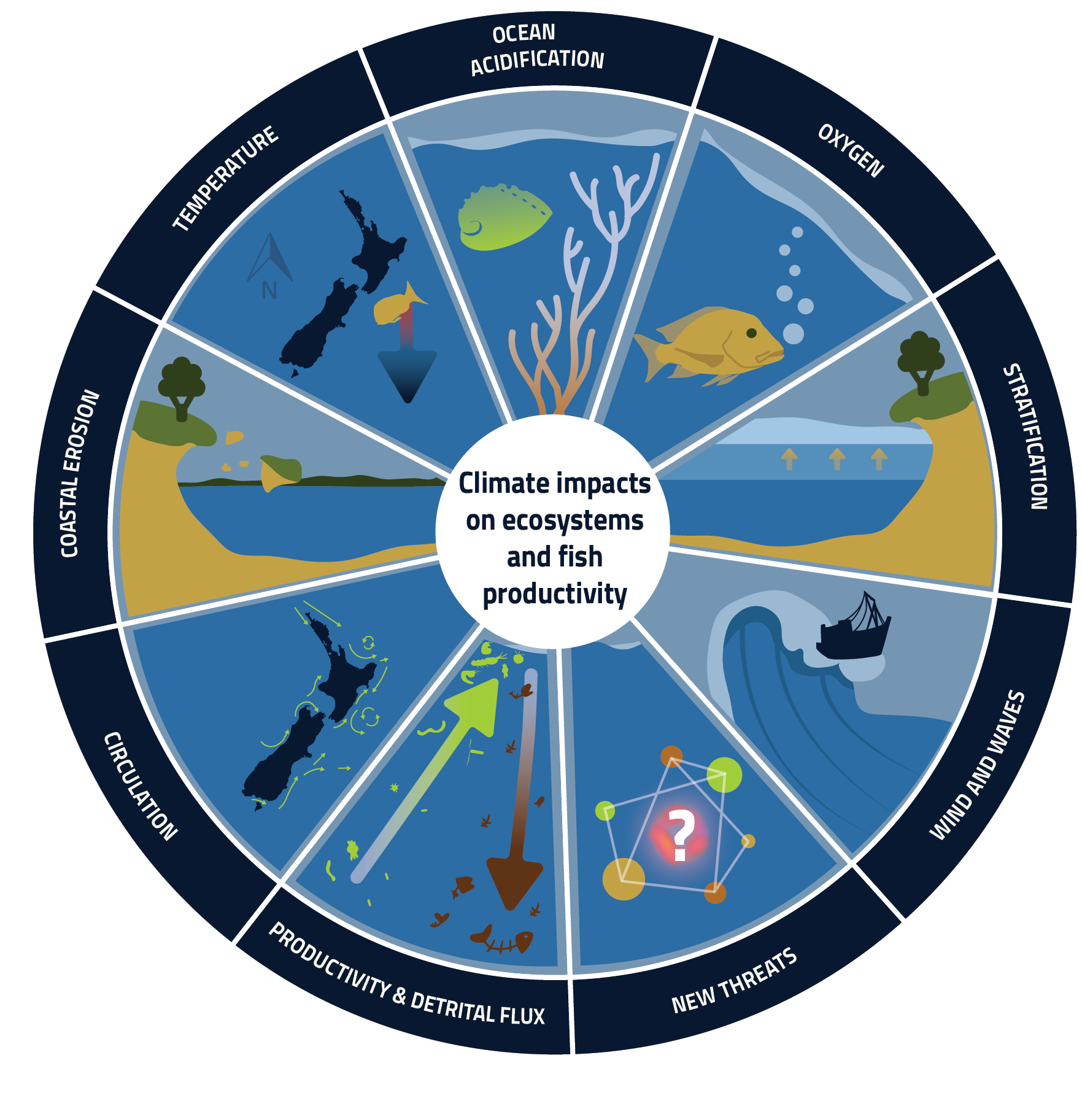Hello friends
Good morning everyone, in this simple blog we will review interesting topics related to Marine Fish and Climate Change: Impacts and Adaptation Strategies. Let’s take a good look at the following information so that our insight increases and opens our minds further.
Marine Fish and Climate Change: Impacts and Adaptation Strategies

Climate change is one of the most pressing issues of our time, with far-reaching consequences for the environment, human societies, and economies worldwide. The impacts of climate change on marine ecosystems, including fish populations, are particularly concerning. Marine fish are a critical component of the world’s ocean ecosystems, providing not only a source of food and income for millions of people but also playing a vital role in maintaining the health of marine ecosystems. In this article, we will explore the impacts of climate change on marine fish and present strategies for adaptation and mitigation.
Impacts of Climate Change on Marine Fish
Climate change is affecting marine fish in several ways, including:
- Changes in Water Temperature: Rising sea temperatures are altering the distribution, abundance, and timing of marine species, including fish. Many fish species are thermally sensitive and face physiological stress as a result of warmer conditions. For example, coral bleaching, which is associated with increased temperatures, can have devastating effects on the already vulnerable marine ecosystems.
- Ocean Acidification: The absorption of carbon dioxide by the oceans is leading to acidification, which affects marine calcium carbonate-based organisms, such as corals, shellfish, and some plankton. This has important implications for the base of the marine food web and can have cascading effects throughout the ecosystem.
- Altered Circulation Patterns: Changes in ocean currents and circulation patterns, driven by climate change, can impact the distribution and abundance of marine species, including fish. Warmer water can lead to changes in the patterns of ocean circulation, which may have significant effects on fisheries and ecosystems.
- Increased Storm Frequency and Intensity: Climate change is leading to more frequent and intense storms, which can have devastating effects on marine ecosystems, including fish populations. Storms can damage habitats, disrupt food webs, and lead to changes in species composition and abundance.
Adaptation Strategies for Marine Fish
While the impacts of climate change on marine fish are significant, there are strategies that can help mitigate these effects and support the sustainability of marine fish populations. Some of these strategies include:
- Species Migration and Translocation: As sea temperatures and other conditions change, some species of fish may be able to adapt by migrating to more suitable habitats or translocated to new areas. However, this approach requires careful planning and consideration of the potential impacts on local ecosystems and societies.
- Breeding Programs and Hatcheries: Developing breeding programs and hatcheries for marine fish can help maintain populations and support the sustainability of fisheries. Such programs can also provide a safeguard against the loss of genetic diversity and can facilitate the introduction of new species and species hybrids.
- Artificial Upwelling: Artificial upwelling involves pumping cooler, nutrient-rich deep water to the surface to reduce the temperature and provide nutrients to support the growth of marine species, including fish. This approach has been shown to be effective in reducing fish mortality rates and supporting fisheries in some regions.
- Ocean Fertilization: Fertilizing the oceans with iron or other nutrients has been proposed as a way to stimulate phytoplankton growth and sequester carbon dioxide from the atmosphere. This approach can have unintended consequences, including changes in ocean chemistry and the loss of biodiversity.
- Marine Protected Areas (MPAs): Establishing MPAs can provide a refuge for marine species, including fish, and help maintain the health and resilience of marine ecosystems. MPAs can also provide a safeguard against the impacts of climate change and support the long-term conservation of marine biodiversity.
- Fisheries Management: Developing and implementing effective fisheries management strategies, such as catch limits, closed areas, and gear restrictions, can help maintain the sustainability of marine fish populations. These strategies can also address the impacts of climate change on fisheries, such as changes in species composition and abundance.
- Encouraging Sustainable Fishing Practices: Encouraging sustainable fishing practices, such as using eco-labels and sustainable seafood certification, can help promote seafood sustainability and reduce the impacts of fishing on marine ecosystems.
Conclusion
Climate change is having significant impacts on marine fish populations and ecosystems, and adaptation strategies are needed to support the sustainability of marine fisheries. By employing various strategies, such as species migration and translocation, breeding programs and hatcheries, cryopreservation, artificial upwelling, ocean fertilization, MPAs, fisheries management, and sustainable fishing practices, we can mitigate the effects of climate change and support the conservation of marine biodiversity. However, it is essential to consider the potential limitations and unintended consequences of these strategies and evaluate their effectiveness in different contexts.
Recommendations
Based on the information presented in this article, the following recommendations are made:
- Conduct further research: Climate change research on marine fish is still in its early stages, and further research is needed to better understand the impacts of climate change on marine fish populations and ecosystems.
- Develop and implement effective adaptation strategies: Developing and implementing effective adaptation strategies, such as species migration and translocation, breeding programs and hatcheries, and MPAs, can help support the sustainability of marine fish populations.
- Encourage sustainable fishing practices: Encouraging sustainable fishing practices can help reduce the impacts of fishing on marine ecosystems and promote seafood sustainability.
Closing
Thus, we hope this article can provide you with valuable insight into Marine Fish and Climate Change: Impacts and Adaptation Strategies. We are very grateful for your attention to our articles. Don’t forget to visit this simple blog again to read other articles about unique, cool and extraordinary information. May you all always be given: A blessed age, Physical and spiritual health, and smooth sustenance, amen.
EmoticonEmoticon